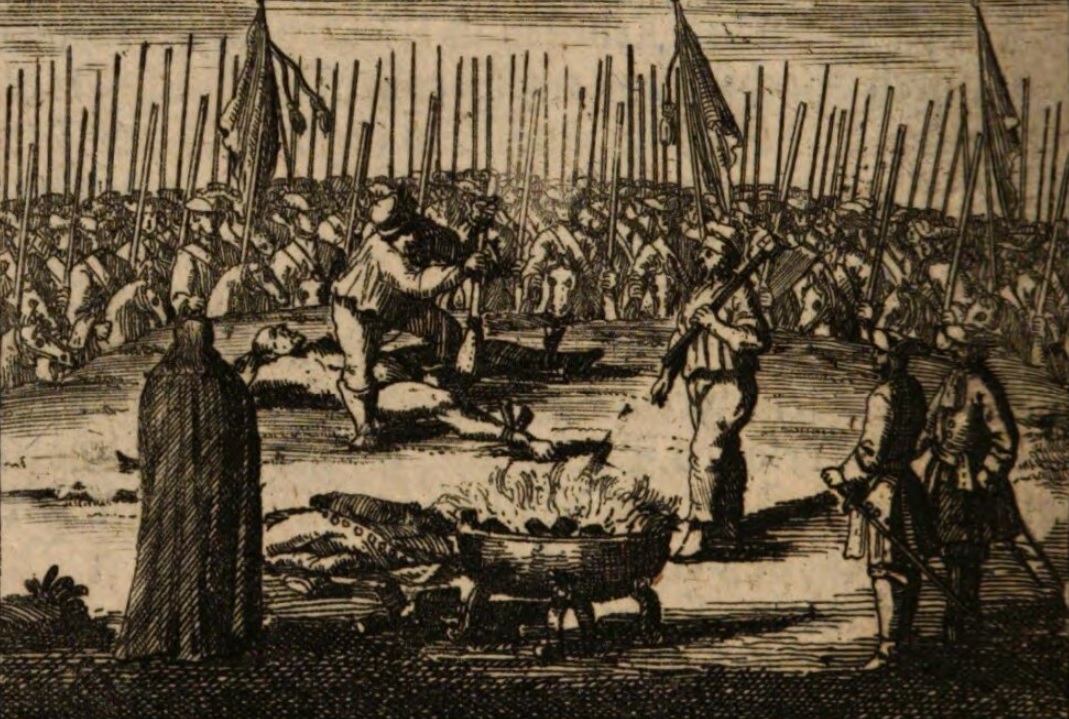|
Treaty Of Preobrazhenskoye
The Treaty of Preobrazhenskoye (or the Treaty of Preobrazhenskoe) was negotiated by Johann Patkul and signed on 22 November 1699 in Preobrazhenskoye (now a part of Moscow), a favoured residence of the tsar Peter the Great. It followed an informal meeting of Peter and Augustus at Rava (Rawa, Rava-Ruska, Rava-Ruskaya) in August 1698. The treaty called for the partition of the Swedish Empire among Denmark-Norway, Russia, Saxony and the Polish–Lithuanian Commonwealth. Following the treaty, the Great Northern War The Great Northern War (1700–1721) was a conflict in which a coalition led by the Tsardom of Russia successfully contested the supremacy of the Swedish Empire in Northern, Central and Eastern Europe. The initial leaders of the anti-Swedi ... began. Sources * * External linksScan of the treaty at IEG Mainz 1699 treaties 1699 in Europe Preobr Preobr Preobrazhenskoye 1699 in the Polish–Lithuanian Commonwealth 1699 in Russia Bilateral treaties of Ru ... [...More Info...] [...Related Items...] OR: [Wikipedia] [Google] [Baidu] |
Johann Patkul
Johann Reinhold Patkul (27 July 1660 – 10 October 1707) was a Swedish Livonia, Livonian nobleman, politician and agitator of Baltic Germans, Baltic German extraction. Born as a subject to the Swedish Crown, he protested against the manner of King Charles XI of Sweden's Reduction (Sweden), reduction in Livonia, enraging the king, who had him arrested and sentenced to mutilation and death (1694). Patkul fled from the Swedish Empire to continental Europe, and played a key role in the secret diplomacy (1698-1699) Treaty of Preobrazhenskoye, allying Peter the Great, Peter I of Russian Empire, Russia, Augustus II the Strong of Electorate of Saxony, Saxony and the Polish–Lithuanian Commonwealth, Poland–Lithuania - as well as Christian V of Denmark, Christian V and his successor Frederick IV of Denmark, Frederick IV of Denmark–Norway - against Charles XII of Sweden, triggering the Great Northern War of 1700-1721. Patkul was close friends with the Danish Privy Councillor Knud Tho ... [...More Info...] [...Related Items...] OR: [Wikipedia] [Google] [Baidu] |
Great Northern War
The Great Northern War (1700–1721) was a conflict in which a coalition led by the Tsardom of Russia successfully contested the supremacy of the Swedish Empire in Northern, Central and Eastern Europe. The initial leaders of the anti-Swedish alliance were Peter I of Russia, Frederick IV of Denmark–Norway and Augustus II the Strong of Saxony– Poland–Lithuania. Frederick IV and Augustus II were defeated by Sweden, under Charles XII, and forced out of the alliance in 1700 and 1706 respectively, but rejoined it in 1709 after the defeat of Charles XII at the Battle of Poltava. George I of Great Britain and the Electorate of Hanover joined the coalition in 1714 for Hanover and in 1717 for Britain, and Frederick William I of Brandenburg-Prussia joined it in 1715. Charles XII led the Swedish army. Swedish allies included Holstein-Gottorp, several Polish magnates under Stanislaus I Leszczyński (1704–1710) and Cossacks under the Ukrainian Hetman Ivan Mazepa (1708–17 ... [...More Info...] [...Related Items...] OR: [Wikipedia] [Google] [Baidu] |
1699 In The Polish–Lithuanian Commonwealth
Events January–March * January 5 – A violent Java earthquake damages the city of Batavia on the Indonesian island of Java, killing at least 28 people * January 20 – The Parliament of England (under Tory dominance) limits the size of the country's standing army to 7,000 'native born' men; hence, King William III's Dutch Blue Guards cannot serve in the line. By an Act of February 1, it also requires disbandment of foreign troops in Ireland. * January 26 – The Republic of Venice, Polish–Lithuanian Commonwealth and Holy Roman Empire sign the Treaty of Karlowitz with the Ottoman Empire, marking an end to the major phase of the Ottoman–Habsburg wars. The treaty marks a major geopolitical shift, as the Ottoman Empire subsequently abandons its expansionism and adopts a defensive posture while the Habsburg monarchy expands its influence. * February 3 – The first paper money in America is issued by the colony of Massachusetts, to pay its soldiers fighting against Queb ... [...More Info...] [...Related Items...] OR: [Wikipedia] [Google] [Baidu] |

